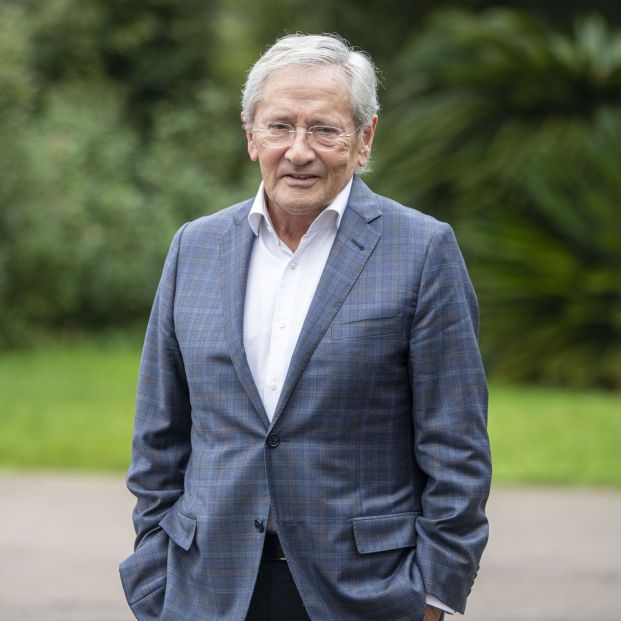ALBERTO BARCIELA
THE 'HUMAN JOURNALIST' AND ARTIFICIAL INTELLIGENCE

Journalism is a vocational profession that requires a great vocation, knowledge, continuous training, and submission to a strict code of ethics, which at least encompasses aspects such as respect for the truth, investigation of facts, the greatest objectivity, contrasting data with several reliable sources, differentiating between information and opinion, confronting versions of a fact, transparency, responsibility for the information, willingness to rectify, etc. But, in addition, and in essence, we are human beings, not machines.
The reflection comes from an expression used by a colleague, director of a specialized media, in his speech at the VII Congress of Editors Europe Latin America, held this week between Madrid and Brussels, in which during a table dedicated to reflect on the irruption of Artificial Intelligence in the media world, he referred to communicators, on two occasions, as “Human Journalists”.
The topic is serious, enough for a philosophy treatise, at least for a dense essay. The future is already entering our present and is called to review the entire past of an essential industry that began as a flying leaf and that, as in a supersonic paper airplane, has transported us to the dawn of a new uncertain era, still incipient, full of unpredictable audacities of exponential growth.
The Prestomedia Congress brought together 50 publishers from 32 countries of the Old Continent and America, members of EditoRed, with an estimated audience of 450 million consolidated readers. European politicians, university rectors, businessmen, sociologists, etc. took part, highlighting what rational beings can contribute when analyzing information critically, contextualizing events and telling stories, highlighting aspects such as experience, intuition and, very fundamentally, professional ethics, factors that contribute to the credibility and quality of the work.
According to AI, “artificial intelligence can be of great help to journalists in collecting and analyzing large-scale data, automating repetitive tasks, identifying patterns and trends, and even in generating basic content such as financial reports or news briefs. However, AI lacks the empathy, creativity and ethical judgment that characterize human journalism. Although it can process large amounts of information in a short time, AI cannot replicate the skill of a journalist.”
In the conclusions of the Congress we held in 2017 in Bogota, I myself concluded that a journalist can never be a robot, and a robot can never be a journalist. Perhaps I can stand by that criterion or desire, but I have to recognize that the inevitable collaboration between human journalists and AI can be highly beneficial in many orders, correctly identified the contributions of humans and machines. “The key,” the AI tells me, “is to find the right balance between technology and humanity, to keep telling relevant, impactful and truthful stories in an increasingly digitized world.”
I can’t imagine a congress of machines, nor can I imagine a survey among robots.
————
Alberto Barciela, Spanish journalist, director of the VII Congress of Editors Europe Latin America.
This text was originally published in the Prensa Ibérica Group.



